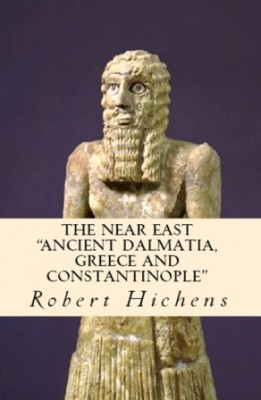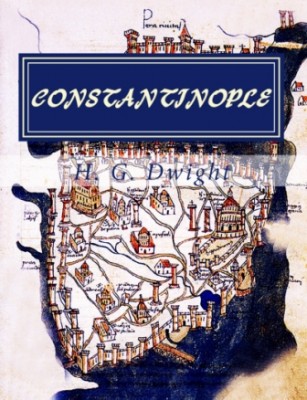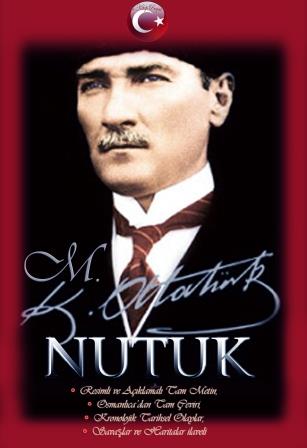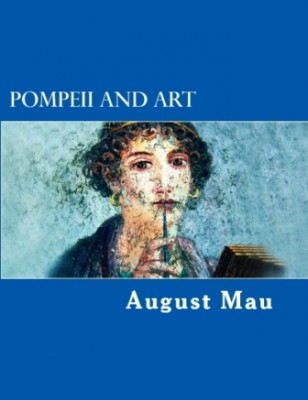Long the intimate and personal friend of Napoleon both at school and from the end of the Italian campaigns in 1797 till 1802—working in the same room with him, using the same purse, the confidant of most of his schemes, and, as his secretary, having the largest part of all the official and private correspondence of the time passed through his hands, Bourrienne occupied an invaluable position for storing and recording materials for history.
The Memoirs of his successor, Meneval, are more those of an esteemed private secretary; yet, valuable and interesting as they are, they want the peculiarity of position which marks those of Bourrienne, who was a compound of secretary, minister, and friend. The accounts of such men as Miot de Melito, Raederer, etc., are most valuable, but these writers were not in that close contact with Napoleon enjoyed by Bourrienne. Bourrienne's position was simply unique, and we can only regret that he did not occupy it till the end of the Empire. Thus it is natural that his Memoirs should have been largely used by historians, and to properly understand the history of the time, they must be read by all students. They are indeed full of interest for every one. But they also require to be read with great caution. When we meet with praise of Napoleon, we may generally believe it, for, as Thiers (Consulat., ii. 279) says, Bourrienne need be little suspected on this side, for although he owed everything to Napoleon, he has not seemed to remember it. But very often in passages in which blame is thrown on Napoleon, Bourrienne speaks, partly with much of the natural bitterness of a former and discarded friend, and partly with the curious mixed feeling which even the brothers of Napoleon display in their Memoirs, pride in the wonderful abilities evinced by the man with whom he was allied, and jealousy at the way in which he was outshone by the man he had in youth regarded as inferior to himself.
Sometimes also we may even suspect the praise. Thus when Bourrienne defends Napoleon for giving, as he alleges, poison to the sick at Jaffa, a doubt arises whether his object was to really defend what to most Englishmen of this day, with remembrances of the deeds and resolutions of the Indian Mutiny, will seem an act to be pardoned, if not approved; or whether he was more anxious to fix the committal of the act on Napoleon at a time when public opinion loudly blamed it. The same may be said of his defence of the massacre of the prisoners of Jaffa.
Louis Antoine Fauvelet de Bourrienne was born in 1769, that is, in the same year as Napoleon Bonaparte, and he was the friend and companion of the future Emperor at the military school of Brienne-le-Chateau till 1784, when Napoleon, one of the sixty pupils maintained at the expense of the State, was passed on to the Military School of Paris. The friends again met in 1792 and in 1795, when Napoleon was hanging about Paris, and when Bourrienne looked on the vague dreams of his old schoolmate as only so much folly. In 1796, as soon as Napoleon had assured his position at the head of the army of Italy, anxious as ever to surround himself with known faces, he sent for Bourrienne to be his secretary. Bourrienne had been appointed in 1792 as secretary of the Legation at Stuttgart, and had, probably wisely, disobeyed the orders given him to return, thus escaping the dangers of the Revolution. He only came back to Paris in 1795, having thus become an emigre. He joined Napoleon in 1797..
































































































